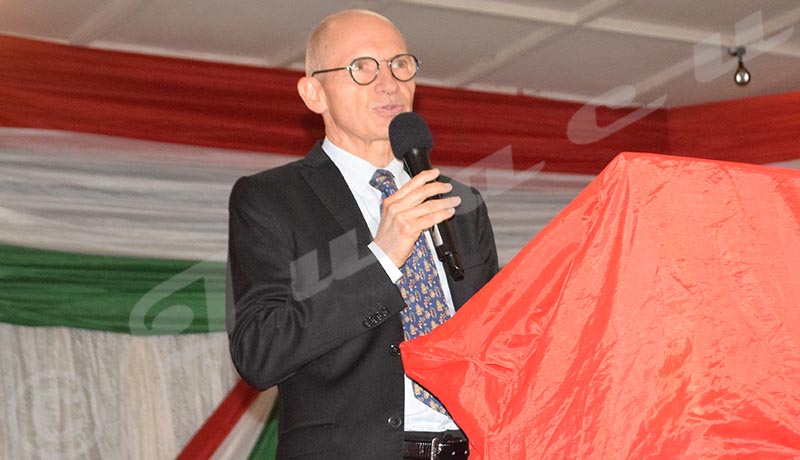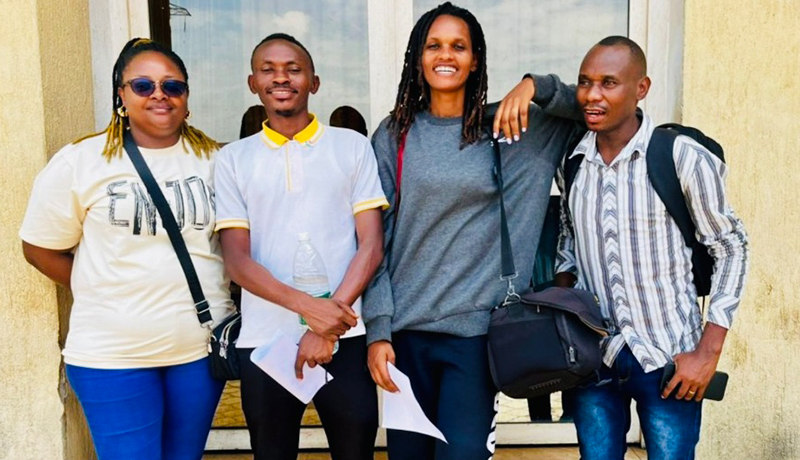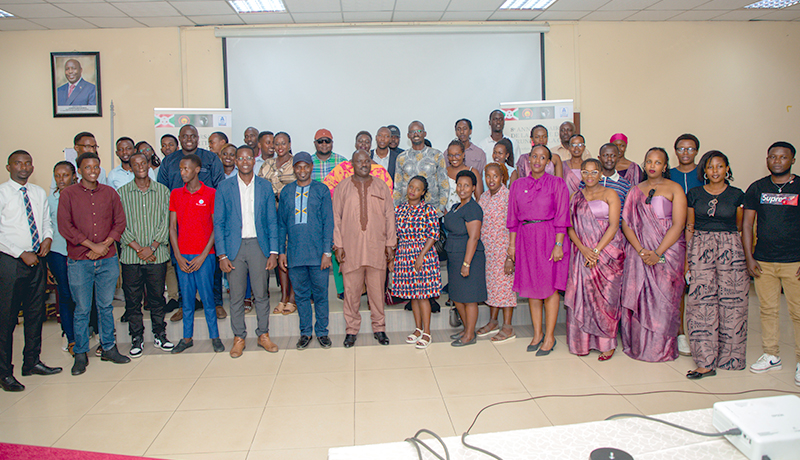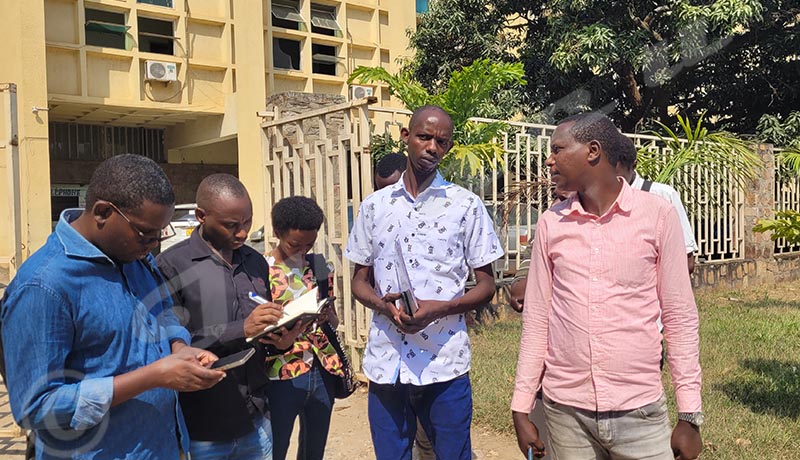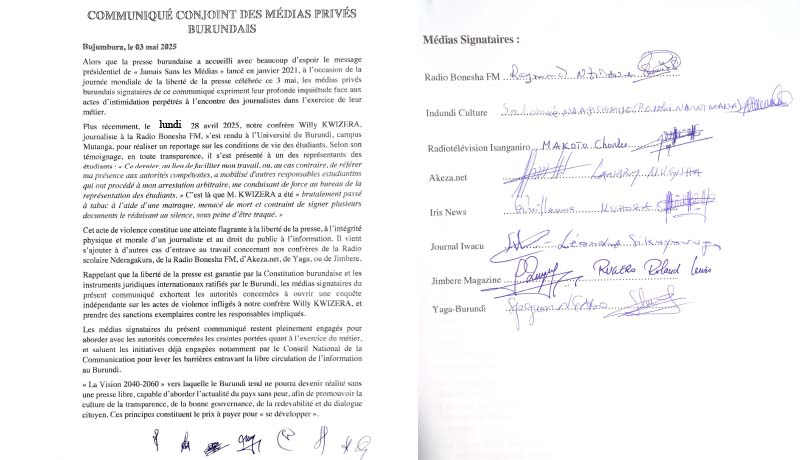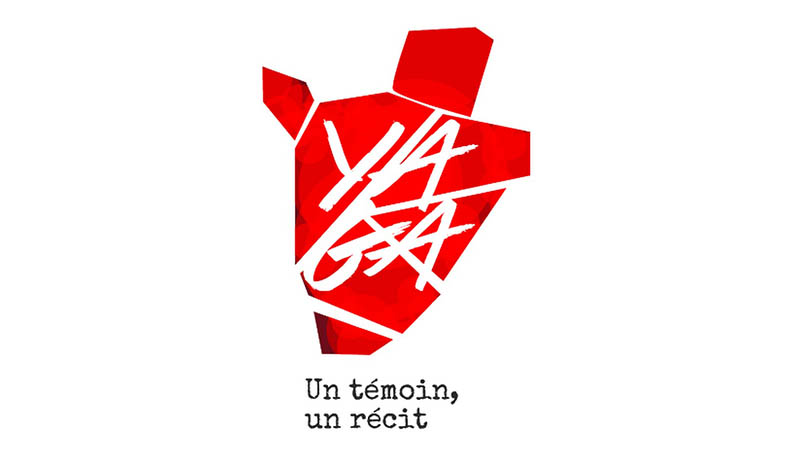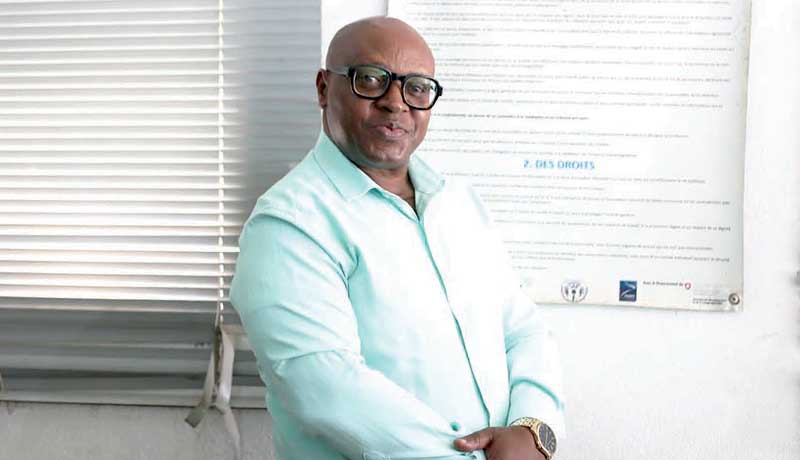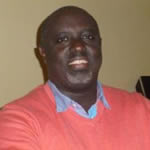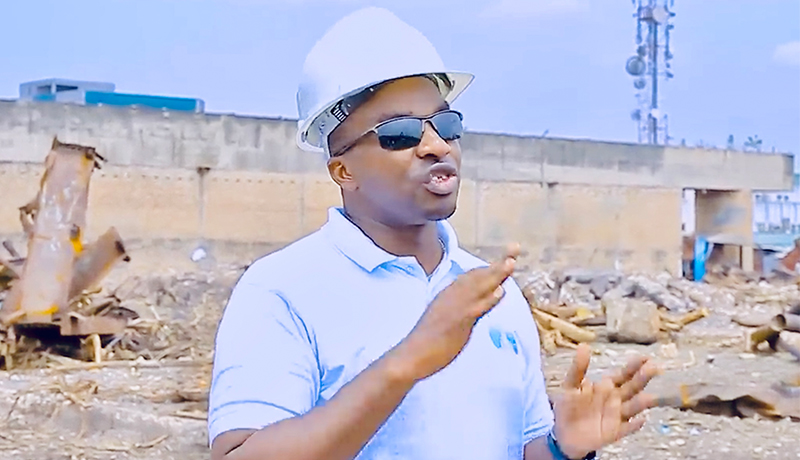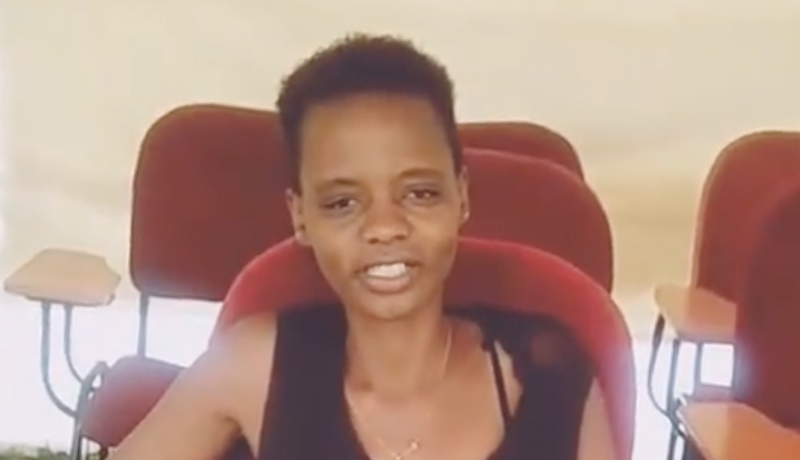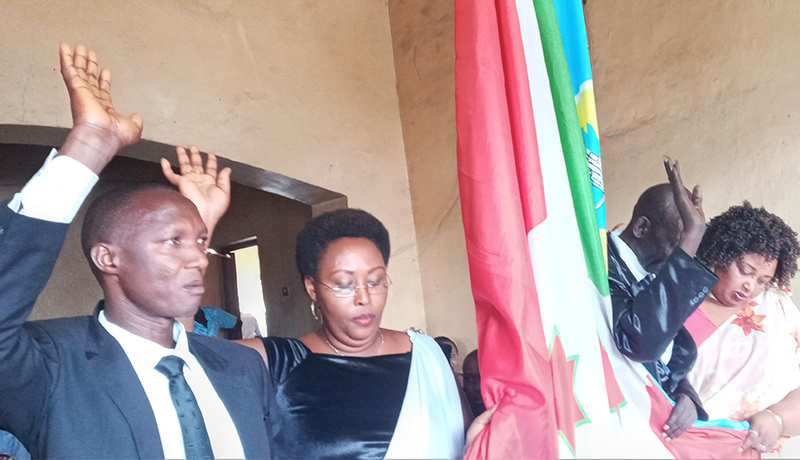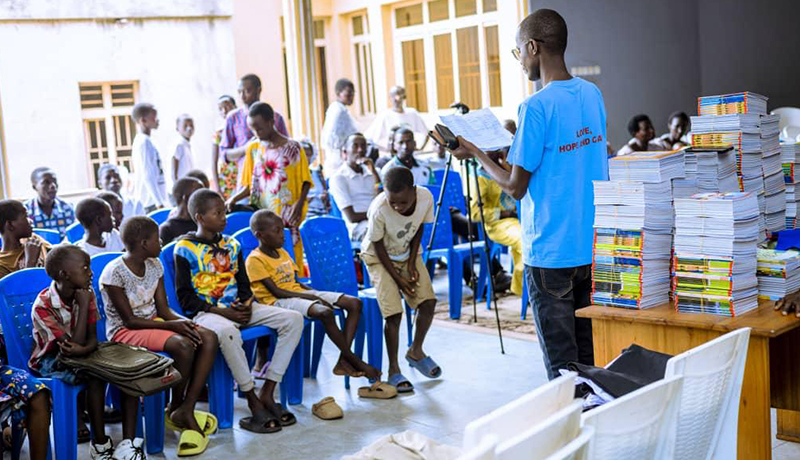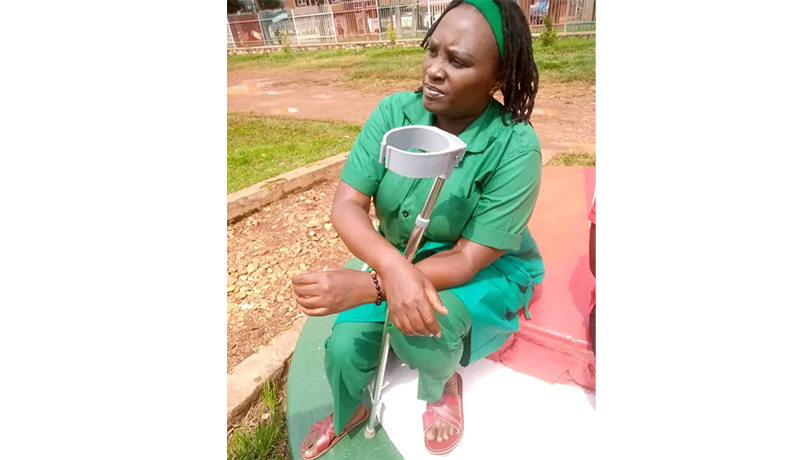During the launch of the third edition of the General Symposium of Communication and Media, held in Gitega from November 24 to 25, participants called on the media and journalists to promote professionalism. European Union, supporting this edition as part of their media support project, deplores that Burundian journalists still face pressure and intimidation.
“European Union defends media freedom and pluralism as pillars of modern democracy and as catalysts for free and open debate,” said Claude Bochu, Head of European Union Delegation to Burundi.
He welcomed the “new 2018 Burundian law on freedom of the media” which, according to him, provides guarantees for the editorial independence of newsrooms vis-à-vis political power or private actors and sets transparency requirements on media ownership. He appreciated that Burundi had won 40 places in two years in Reporters Without Borders’ annual ranking of press freedom in the world.
“However, freedom of the press remains a major issue on a daily basis. In this regard, I would like to salute the resilience of the many Burundian journalists who work in difficult conditions, facing in turn pressure and intimidation, the reluctance of some to communicate fully, but also working conditions and wages that are sometimes unfavorable,” stressed the diplomat.
Claude Bochu recalled that the counterpart of journalists’ freedom is ethics: “It is thanks to it that their profession is able to provide abundant, verified, objective and quality information on the progress of the world and that of Burundi.”
He called on the Government to strengthen its role as facilitator while respecting the autonomy of the media. He wonders if strong associations of journalists or publishers were not relevant in Burundi in order to be interlocutors with the National Council of Communication or more generally the authorities.
The internet and social networks on the menu of discussions
“The internet and social networks are an integral part of our modes of communication. They have enormously increased access to information of all kinds,” said the head of European Union delegation in Burundi. However, he regretted that they are an easy way to spread rumors and deliberately false information.
For Claude Bochu, the best way to counter false information is to make reliable information available: “It is gratifying that responsible media are more present online.”
“In the current context marked by a rise in power of disinformation accentuated by the evolution of technologies, media professionals are no longer the only ones to broadcast the information,” indicated the UNESCO representative during this General Symposium. For him, this leads to a certain mistrust of actors at different levels on the content broadcast on the internet, social networks and in the traditional media.
According to him, information is fundamental for any society: “It allows the decision-maker as well as the average citizen to make the right decision in all circumstances. It must be available, accessible, but protected and conveyed as it is.”
For Prosper Banzombanza, Vice-President of the Republic of Burundi.
“The introduction of social media has also changed the face of the Burundian media landscape. Media that often escape the control of the regulator have emerged.”
According to him, with the internet, we have gone from mass media to media of the mass. He castigates that the profession of journalism has thus opened up to amateurism, which has hindered professionalism: “The internet is neither to be ignored nor to be idolized. We must, therefore, insist on professionalism in the search for information so that the population is not abused.”
Prosper Banzombanza invited partners to support media by strengthening their capacity to collect authentic information: “If the media inform us correctly, they will help us not navigate in the storm.”
“Media work had its ups and downs in the last decade”

According to the Vice-President of the Republic, some recommendations of the 2011 General Symposium on Communication and Media have been implemented, others have not been implemented because the evolution of the context has made them anachronistic or somewhat difficult to implement.
“Since 2011, radio and television stations have been born one after another with diverse editorial lines, but also with often limited material, financial and human resources. »
Prosper Banzombanza deplored that some media have failed in their main mission of properly informing and educating the population: “Some have fallen into combat for the conquest of power and in the least democratic way. This has generally led to mistrust between public authorities and the media.”
He called on journalists and media to work with professionalism and serve Burundians with information that helps them build their well-being.
He invited participants in the General Symposium to face the last decade head-on, to evaluate it objectively in order to carry out their profession well with professionalism.
For communicators, he called on them not to be prisoners of communication. For him, communication often imposes demagogic practices that sometimes end up diverting the goal of politics.
“The communication and media sectors have undergone a considerable evolution, especially with the generalization of the use of social networks and the multiplication of radio stations, especially community ones,” said Léocadie Ndacayisaba, Minister of Communication, Information Technologies and Media.
For her, this development has had both positive and negative impacts on lives of information consumers and on the society.
She mentioned that during the symposium, discussions will focus on the viability, regulation of media and the impact of the digital evolution in Burundi: “The recommendations resulting from these meetings will be recorded in a document which will inspire actions, strategies in legal frameworks to overcome the challenges that will be identified.”
Supported by European Union as part of its media support project, the 3rd edition of the General Symposium on Communication and Media saw the participation of media directors, journalists, communicators, representatives of political parties, administrators and other media partners. This edition has the theme “Never without the media.”
Funded to the amount of 1,086,000 euros over 24 months, the European Union media support project was launched on May 11, 2021. It is implemented by La Benevolencija Radio and La Fondation Hirondelle NGOs. This project aims at supporting the Burundian media so that they can play their roles through democratization, reconciliation and dialogue.
Direct support to the media includes, among other things, training activities for young bloggers as well as support activities for journalists’ associations. The project also plans to strengthen the role of the Burundian media as mechanisms of promoting good governance, mediation and citizen participation.
